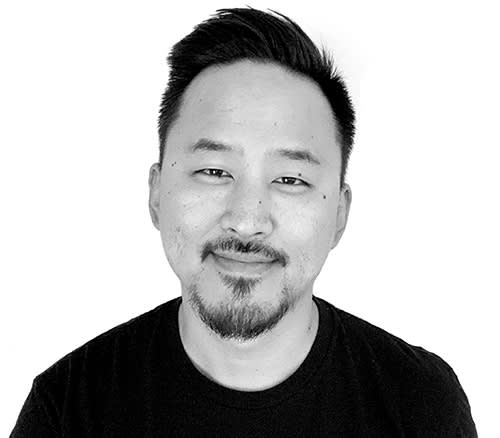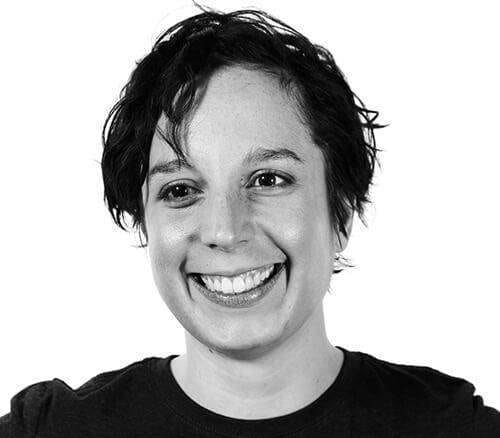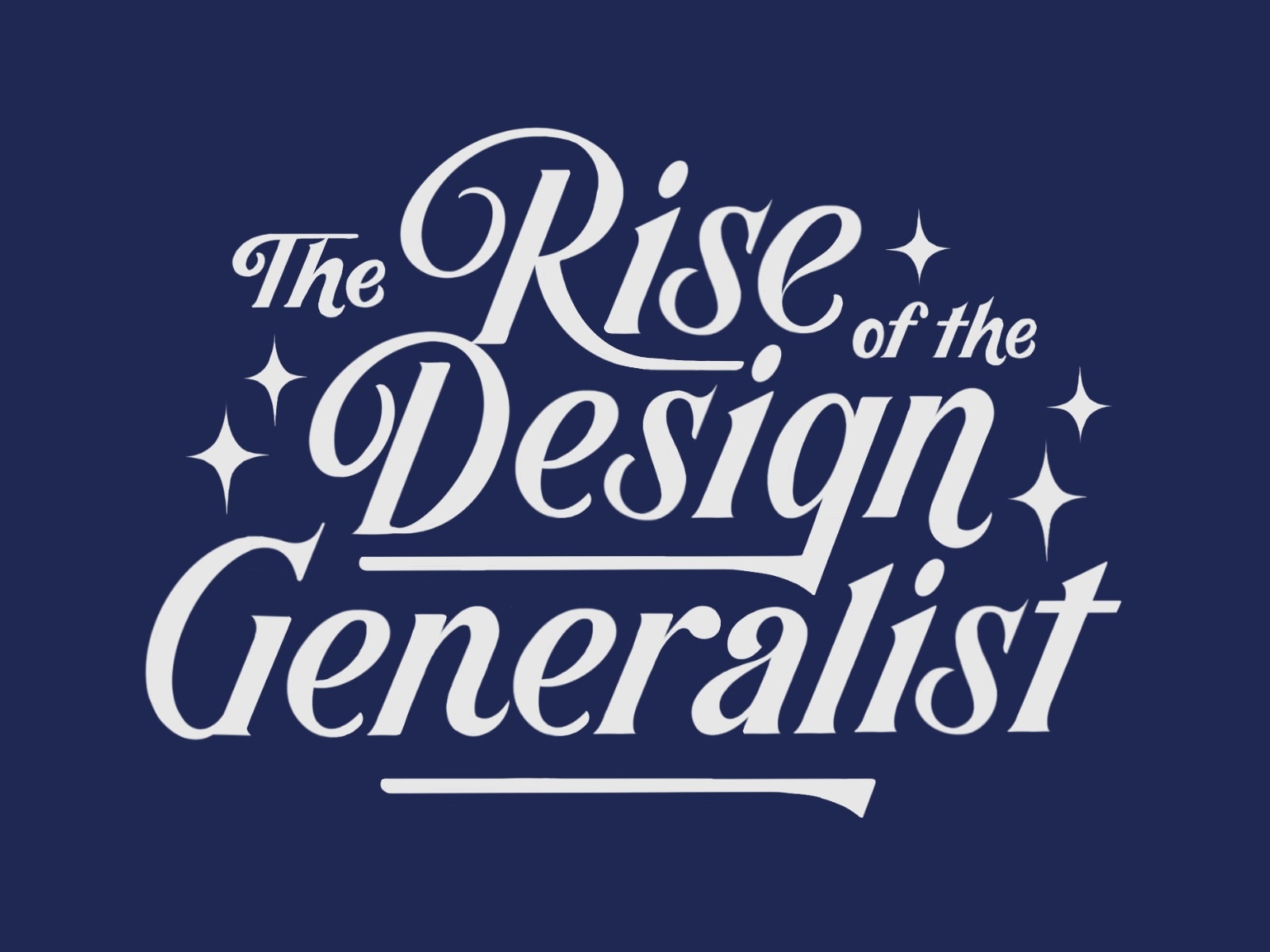
Wait. The What?
Oftentimes, designers have a tendency to fall into specific niches within design. These days it can be difficult to keep up with all the titles seemingly needed to represent them: UX Designer, Product Designer, Content Designer, Interaction Designer, UI Designer, UX/UI Designer... the list goes on.
Eventually, for most designers, a career choice “fork in the road” is inevitable: research, experience, user testing, and UI are just a few areas of expertise that are oftentimes boxed into separate job descriptions. At Formidable, we’ve seen that the broader our experiences get, the better prepared we are. This has led to a different kind of career trajectory. Cue the Design Generalist.
Leading and Learning on the Job
The fluctuating nature of our work as design consultants provides us with broad experiences that help us in a bevy of ways: we’re able to build more robust design systems, get a far better understanding of user and business needs, and oftentimes enables us to be better partners to our stakeholders. While specialists have narrowed into focused areas of expertise, generalists have a broad understanding of a number of fields. As with most things in the world, there are levels to being a design generalist. On one end of the spectrum it can mean you have a good understanding of the visual design arena; it can also mean you have an advanced perspective on creating solutions for a wide range of problems. Developing this trait allows our consultants to confidently adapt to the business, product, and problems our clients are facing.
As product design consultants, we're usually asked to bring thought leadership and expertise into complex spaces, mostly through the lens of design and its impact on business. Similarly, the organizations we engage with are solving problems that vary substantially in size and scope. Our internal policy aims to allow our consultants to partner with a client for up to one year, but not exceeding (there are always exceptions, but this is the goal). This recipe makes room for Formidable consultants to encounter a diverse array of problems in a relatively short amount of time.
With every new client, our designers are evolving their own understanding of a certain skill set— effectively becoming experts in the field. What separates design generalists at Formidable is our ability to seamlessly integrate and adapt with the team tasked to solve the problem. To really leverage this, the following basic skills must constantly be nurtured for a design generalist to thrive.
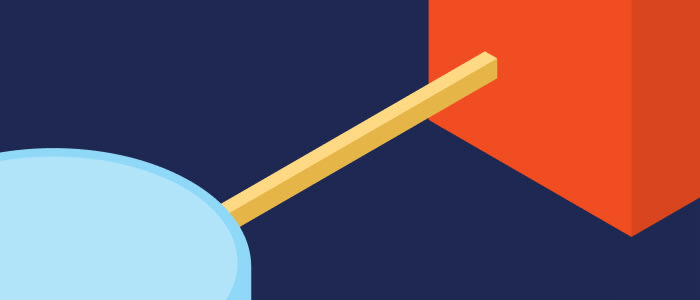
Focused Communication
The principle of communication seems like an obvious skill to invest in, but consistently gets overlooked. The bare minimum form of communication can often be counterproductive, while too much information can leave people fatigued. Whether it's the level of detail in a discovery audit, or a discreet note attached to a calendar event, the subtleties of providing thoughtful, useful context should not be undervalued.
As product designers, we're asked to understand a user's psyche when experiencing a product. This type of understanding can translate into a deeper awareness of human nature and the nuances of effective communication, particularly when our consultants embed themselves into an existing team that may already have strong relationships of their own. Design generalists understand how to utilize communication to help them elevate their existing expertise and gain traction to new ones. This is a necessary process for generalists to thrive and something we ask of all our product designers.
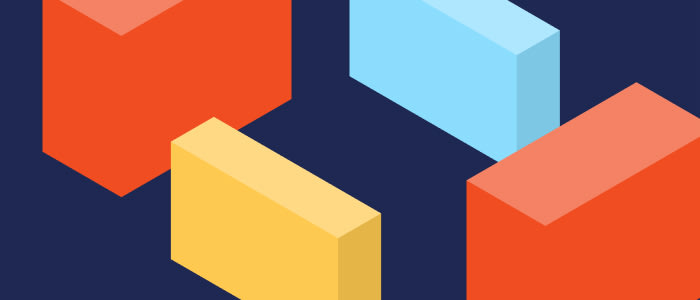
Deliberate Collaboration
Feedback is a foundational element that all designers should be very intimate with. Being an effective product designer hinges on their ability to give and receive feedback; a lever of communication. When the quality of feedback suffers, the potential communication is not realized and products do not succeed in their ability to solve specific issues.
The ability to successfully integrate to a new team or project oftentimes relies on a designer's propensity to solicit collaboration. Design generalists are able to provide quality feedback and create ego-free forums for inclusive collaboration wherever they go because they’ve experienced where positive iteration leads and felt the resistance when collaboration could’ve been better—because they’ve been there.
"What separates design generalists at Formidable is our ability to seamlessly integrate and adapt with the team tasked to solve the problem.”
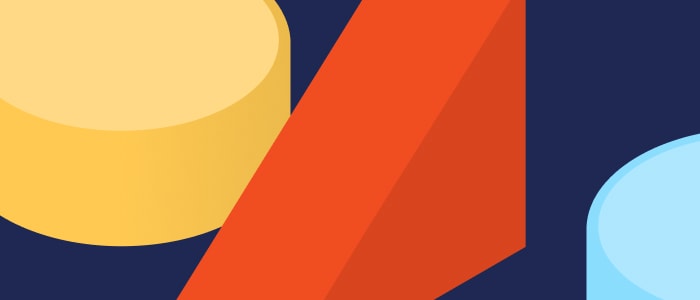
Tactful Curiosity
In the product world, creativity and curiosity sometimes overlap. As product designers, we are trained to bring a level of creativity and curiosity to the table. It’s critical that we’re curious enough to ask the right questions that only strengthen our understanding of how a product threads the needle between user needs and businesses requirements. The inquisitive nature of product design can determine if a product ever makes it to launch.
Design generalists quickly adapt to new projects by relying on their expertise to ground them, while persistently looking outward to gain broader perspectives. This level of curiosity creates space for other skills to grow.
Experience Equals Preparation
At Formidable, our product designers are frequently challenged to display a variety of skillsets with a heightened level of thought leadership and direction. It’s this constant layer of experience that provides a wide range of perspectives that only strengthen the skills needed to be a design generalist.
It's pretty challenging to formulate a well-rounded opinion from one viewpoint. This is why perspective is such an important element of product design. The world is in a perpetual state of change. Design and technology are no different—as this intersection evolves, the role of designer continuously flexes to accommodate it. In an era where specializations are seemingly en vogue, we believe the wider your expertise grows, the better prepared you’ll be for what’s next.
